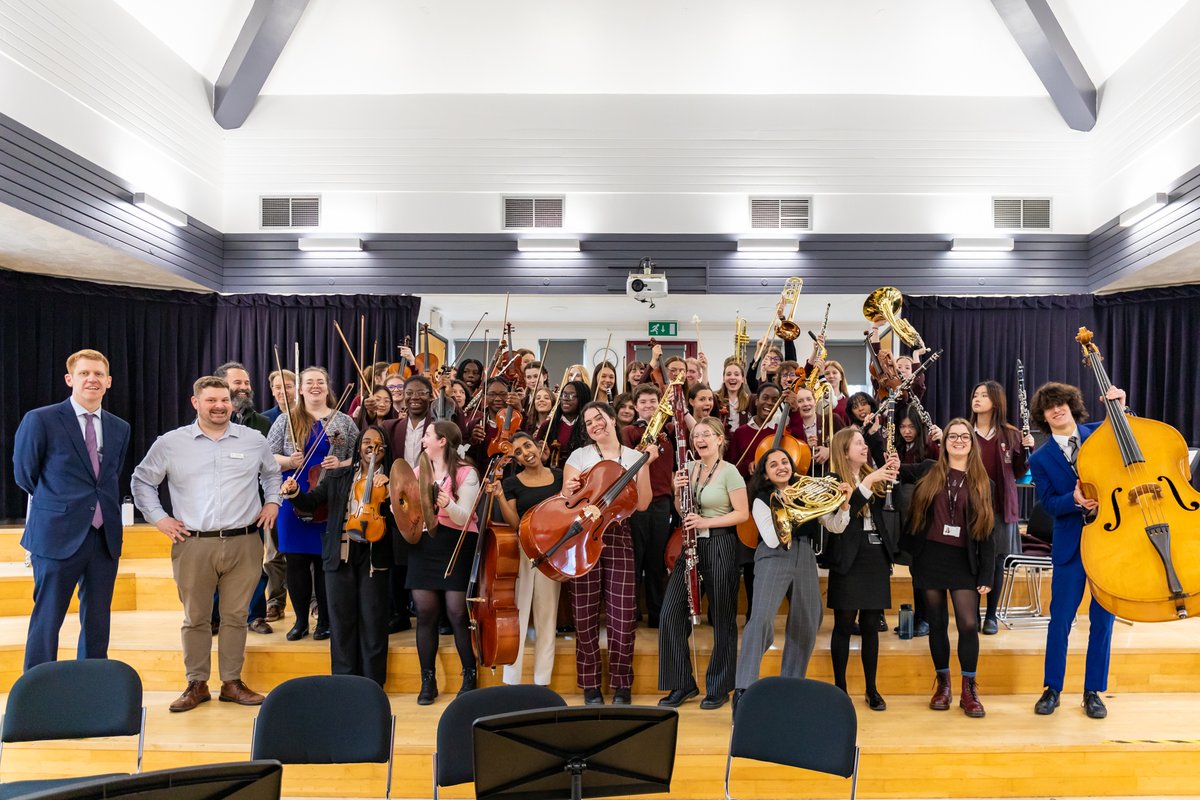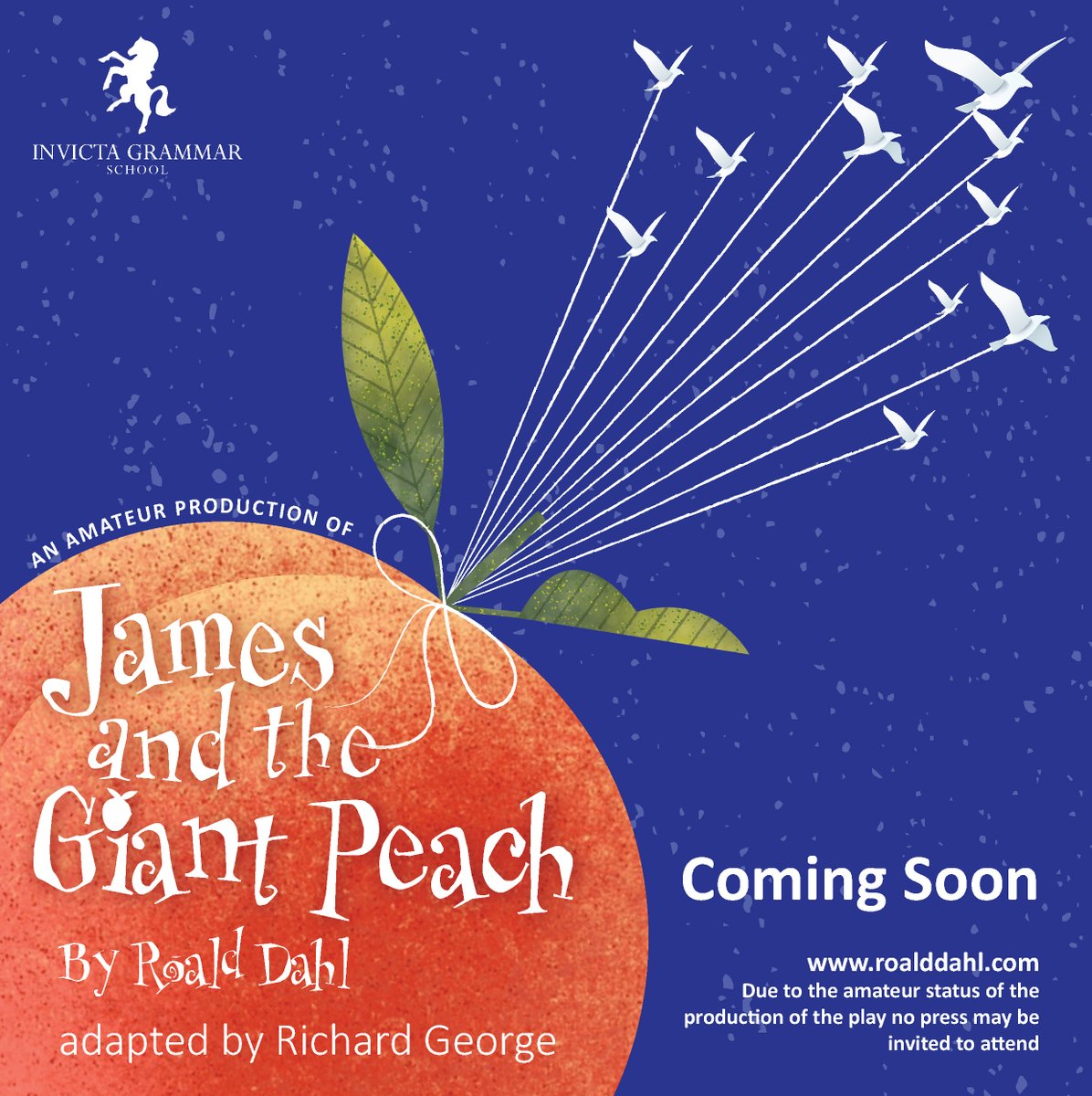Invicta Vlogs
A few months ago, we delivered an assembly on the benefits of Internationalism and the great things it has brought to our school.
A few months ago, we delivered an assembly on the benefits of Internationalism and the great things it has brought to our school. We recognise that Internationalism is a celebration of cultures and communities, but possibly much more importantly, Internationalism is a collaborative commitment to equality, diversity and justice.
Last week, we delivered assemblies on combatting ‘racism’, as we felt that this was an important aspect of Internationalism and our pledge to ensure equality, diversity and justice within our school community.
To prepare for the assembly, we surveyed Year 13 students by asking the question "have you ever heard, seen or experienced racism?" Sadly, yet unsurprisingly, the results suggested that elements of racism are not unheard of in our school community. The general consensus was that while the school community is cohesive and supportive, there are some instances where students may use phrases and/or language that they consider to be harmless humour, yet to be frank, they are in fact expressing views that are verging on xenophobic or racist attitudes.
Although no community is perfect, in our opinion, one person witnessing racist attitudes or even witnessing racism at school is one student too many and must not be tolerated. One concern we have is whether some students try to play down the racism they have heard, saying it is meant to be a joke. However, humour means different things to different people. If somebody around us is making a racist joke, there is no way of knowing whether they actually agree with the racist views they are presenting. Of course, friends joke around, but we never know who around us might be hurt by what we are saying.
We believe that the right of everyone to feel respected is vastly much more important than somebody else's right to try and be funny. We know that the vast majority of individuals are not perpetrators, they are bystanders, often unsure what to do. In order to feel empowered, firstly, we need to know how to spot racism.
Racism can be presented in many ways and I am sure we have all witnessed some form of racism before. Casual racism is one form of racism and involves the negative stereotypes or prejudices about people based on race, colour or ethnicity. Simple examples include jokes, off handed comments and perhaps exclusion from social situations. Casual racism consists of both prejudice and stereotypes. Prejudice is the preconceived opinion that is not based on reason or actual experience but is socially learnt and is just one way in which racism can be displayed. Stereotyping links to prejudice, as when we stereotype people, we attribute certain traits to them just because we believe them to be part of a particular group. Stereotypes are limiting and disregard people’s individuality, especially when it comes down to race and when more and more people tend to use them, the use of stereotypes almost becomes “normal”.
So, what can we do if we hear or see racism? We have all been a bystander before and it can be uncomfortable, but remember, standing up to racism can be a powerful sign of support. However, please do not ever put yourself at risk with confrontation! If somebody tells a racist ‘joke’, meet it with silence and ask those around you why they find it funny. Also, remember our school culture is very much determined by the values, views and beliefs of the school community. What is and is not considered to be acceptable is a reflection of our moral principles. If we do not tackle racism, then racism prevails. Speak up early and often. And please, do not be silent!
I have found my journey at Invicta to be one filled with compassionate and caring peers who I know do not tolerate anyone being nasty to anyone else. However, countrywide, there is more we can do together to challenge racism and starting honest conversations about prejudice in 21st Century Britain. The assemblies this week have been a fantastic finishing point to my legacy as Senior Prefect for Internationalism. I cannot wait to see how new Senior Prefects for Internationalism, Ellie and Asha, build on this legacy of diversity and equality as they go forward next year. Good luck girls!
Taqiyah, International Prefect, Year 13


























